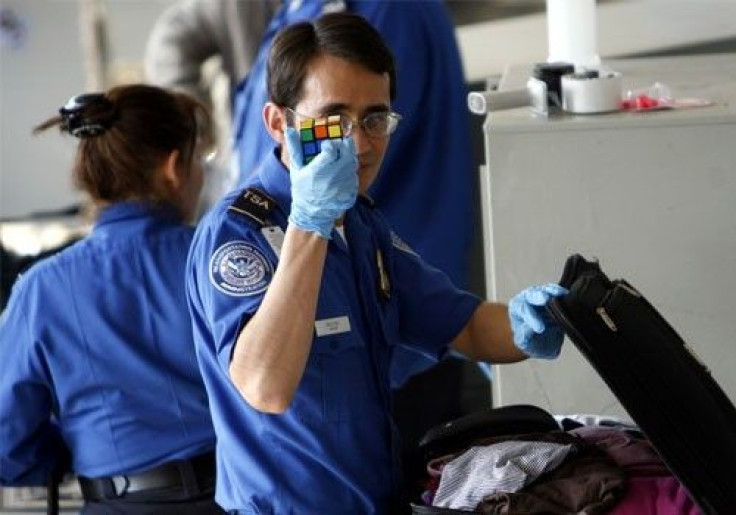TSA Launches 'PreCheck' Expedited Security Program for Frequent Travelers

Airport security is now a little easier for frequent travelers who are part of the Transportation Security Administration's (TSA) new PreCheck program.
The program organizers will pre-screen volunteer participants in order to give an accurate risk assessment of each traveler prior to travel. Participants in the program will be able to trade personal information for the chance of an expedited security process.
Members of the PreCheck program will have a faster security process and should be able to avoid the hassle of taking off their shoes. They can also leave toiletries and laptops in their carry-on bag. However, those chosen for the program still won't be able to escape being pulled aside for random testing.
By learning more about travelers through information they voluntarily provide, and combining that information with our other layers of security, we can focus more resources on higher-risk and unknown passengers, said TSA Chief, John Pistole, in a press release.
For now, the program is only being tested on domestic flights on Delta and American Airlines at four select airports: Atlanta, Dallas, Detroit, and Miami. If the program proves successful, TSA hopes to expand it to more airlines and airports.
Select frequent fliers of Delta and American Airlines were asked to opt-in to the program if they provided personal information and travel history. U.S. citizens who are part of Customer and Border Protection's (CBP) Trusted Traveler programs including Global Entry, SENTRI, and NEXUS are also eligible. Those who want to join Precheck must sign up for one of the CBP Trusted Traveler programs in order to be selected.
Those who are members of a CBP Trusted Traveler Program should enter their membership number or PASS ID in the Known Traveler Number field when booking a flight. However, those chosen for the program will not know in advance. A bar code will be located on the plane ticket, which will then be scanned by security agents at the first checkpoint.
On Monday, TSA also announced that they would spend $3.2 million on a system that would be able to better spot fake boarding passes and identification. This technology won't be implemented in select airports until 2012.
© Copyright IBTimes 2024. All rights reserved.











